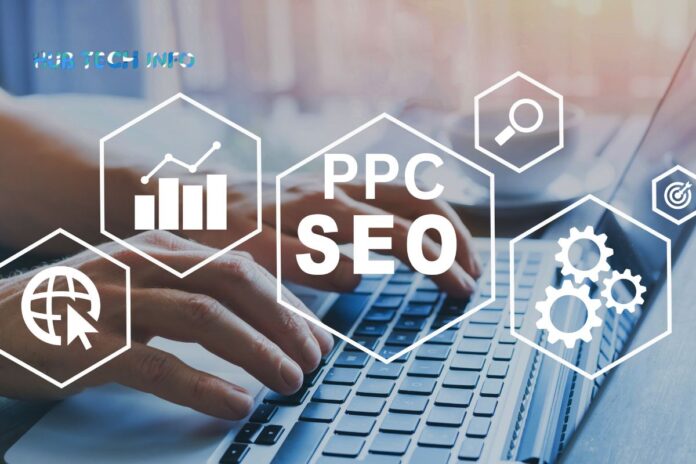SEO has long been an obsession for marketers, IT workers, and anyone who enjoys cryptic puzzles. It’s all about cracking the Google code: figuring out what makes some pages rank more highly, and using varied methods to make your own pages powerhouses in the SERPs. And since most online traffic stems from online search, it’s a high-priority concern.
PPC, on the other hand, is more for the analysts and sales professionals. Instead of being mysterious, it’s formulaic, predictable, and directly configurable. All the rules are laid out for you in a pay-to-play format: you pit your budget and strategy against those of your competitors, doing what you can to win the places and earn the clicks.
Each of these marketing tools has a significant part in the modern ecommerce seller’s promotional playbook, and the biggest brands in the world invest heavily in both — but if you had to give the nod to just one, which should it be? Let’s consider it:
SEO: Pros and Cons
First, let’s review what SEO brings to the table:
- It has long-lasting effects. Once you’ve managed to greatly improve your rankings, you can stop doing any SEO work and continue to benefit from the positioning for quite a while. You might not drop down the rankings for months, or even years.
- It isn’t inherently expensive. Good SEO work takes time, but not necessarily direct investment, so it’s an ideal pursuit for online retailers that are trying to grow but don’t yet want to spend heavily on PPC. More of it than you might think is about fixing mistakes.
- It caters to your biggest pipeline. Organic traffic is the best channel for almost every type of business, and it’s particularly vital in ecommerce given the popularity of product searches, so SEO isn’t something you can realistically look past.
- It has a high creative ceiling. All in service of organic traffic and conversions, you can do everything from maximizing your page speed and enhancing other technical factors (metadata, markup, etc.) to choosing the perfect visuals and polishing your product descriptions.
- It’s complicated and ever-changing. Even after years of investigation into the workings of Google’s algorithms, we still don’t know exactly how they rank pages, and SEO tactics that work today might not work tomorrow.
- It’s slow to take effect. It takes time for pages to be crawled and ranked, so even if you carry out a solid SEO campaign in the next week, it might be months before you see an appreciable difference.
PPC: Pros and Cons
Next, let’s see what PPC contributes:
- It’s simple to implement. A modern CMS has all the information necessary to run PPC advertising in the form of its inventory system — couple that with the inevitable existence of PPC integrations (as apps, add-ons, plugins, extensions, or modules) and you have a recipe for hyper-convenient integration.
- It’s consistently effective. PPC reliably delivers results, and has done ever since it was pioneered as a marketing method. You need to do it well, of course, but the main takeaway is this: if you write good ads and target them smartly, you will get results.
- It easily shows ROI. Because it’s typically based on the CPC (cost per click) model, PPC is extremely easy to justify, whether to yourself or to investors. If your ads don’t get any clicks, they won’t cost you anything.
- It scales rapidly. You can start running one or two PPC ads, see a return, decide to make a bigger commitment, and start running hundreds more within hours. In essence, as long as the returns justify it, you can keep expanding your PPC campaign.
- It won’t help you compete with richer rivals. If you keep getting outbid, there isn’t much you can do aside from try to focus on less saturated keywords, whereas it’s possible to write a piece of content so good that it outranks the top brands.
- It only works while you’re spending. The moment you stop paying for your ads to display, your PPC traffic will disappear — none of that visibility will carry over.
If you are planning to hire reliable digital marketing services for running your business’s PPC marketing then make sure to check the past case studies for optimum results.
Which is more effective for a store?
Having looked at what each one is good for, we can now tackle the titular question: which is better for ecommerce in particular? If we imagine two near-identical stores, with one investing in SEO and the other in PPC, which would come out on top?
Well, it’s essentially impossible to know for sure, but I can only conclude that the store using SEO would win out in the long term — likely by a large margin. Why? There are various reasons: to list just some, many people ignore ads habitually, organic traffic is cheaper and more plentiful, content marketing is important for brand growth, and SEO is far more versatile.
Author Bio: Rodney Laws is an ecommerce expert with over a decade of experience in building online businesses. Check out his reviews on EcommercePlatforms.io and you’ll find practical tips that you can use to build the best online store for your business. Connect with him on Twitter @EcomPlatformsio
Read Also:



